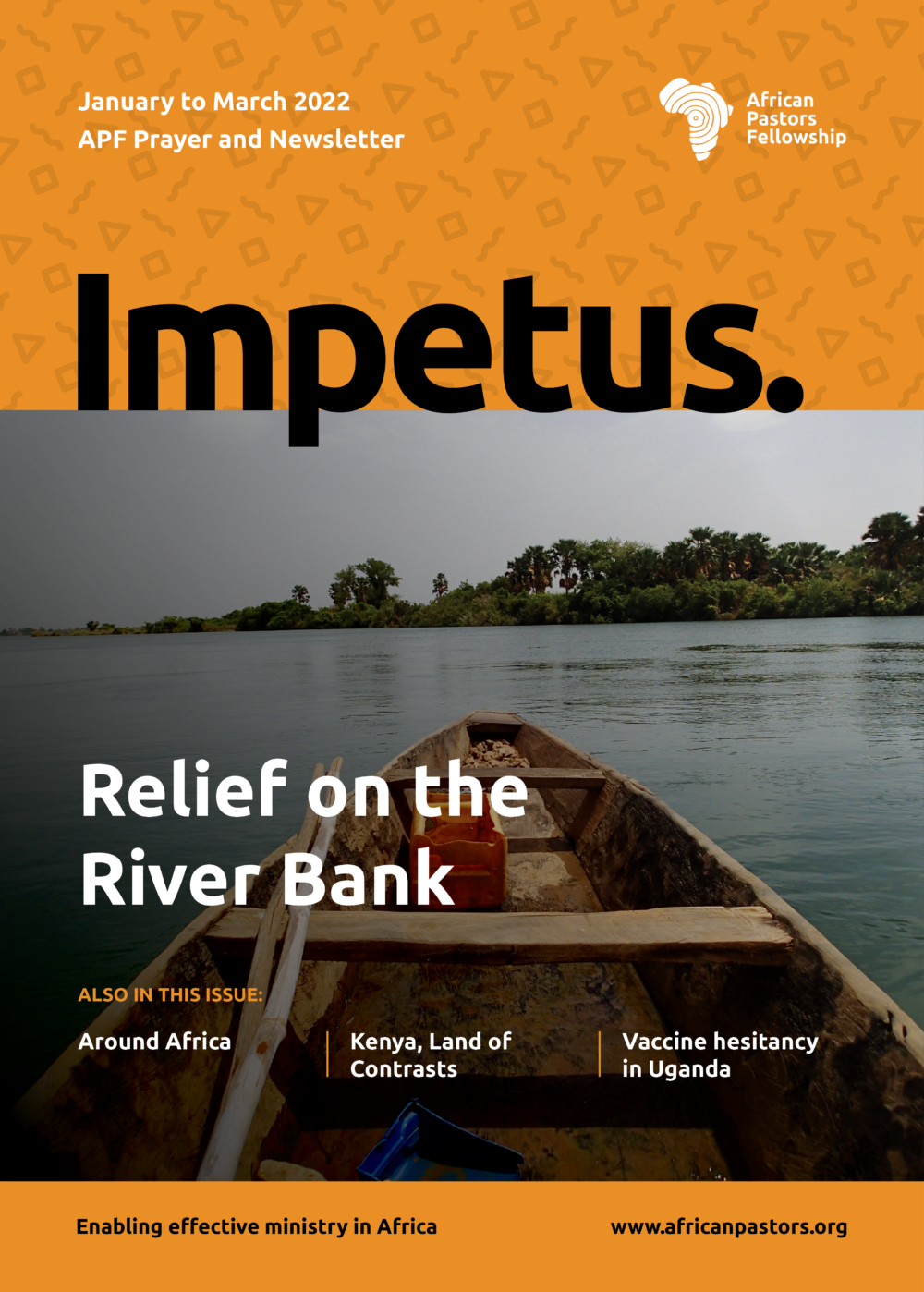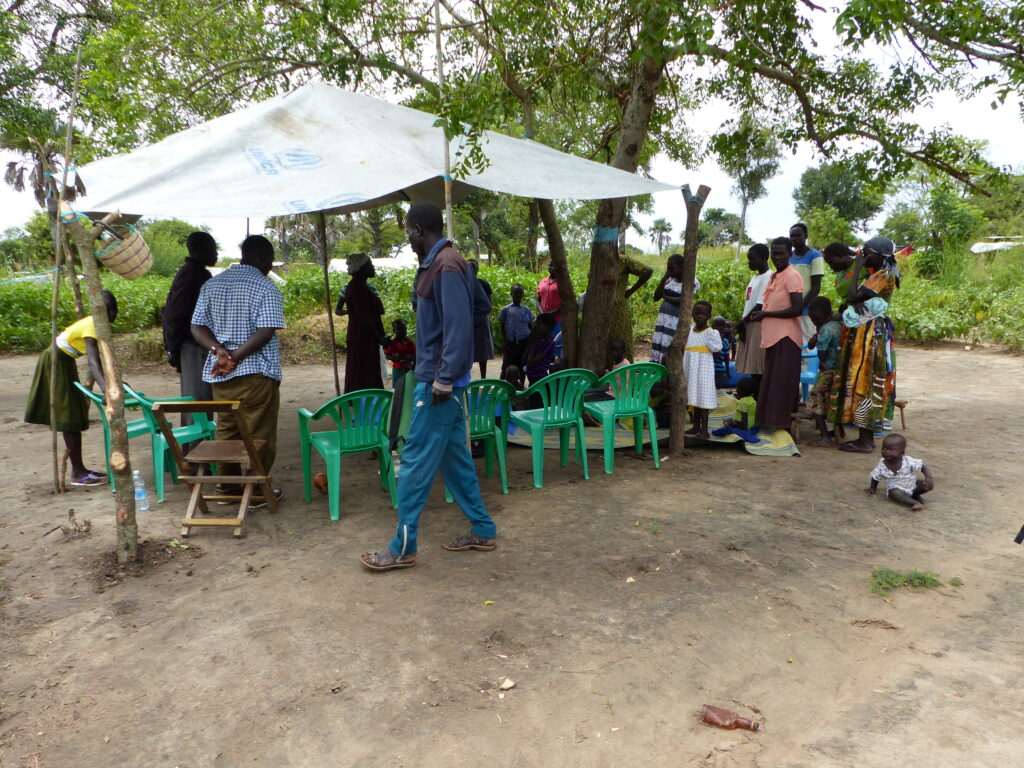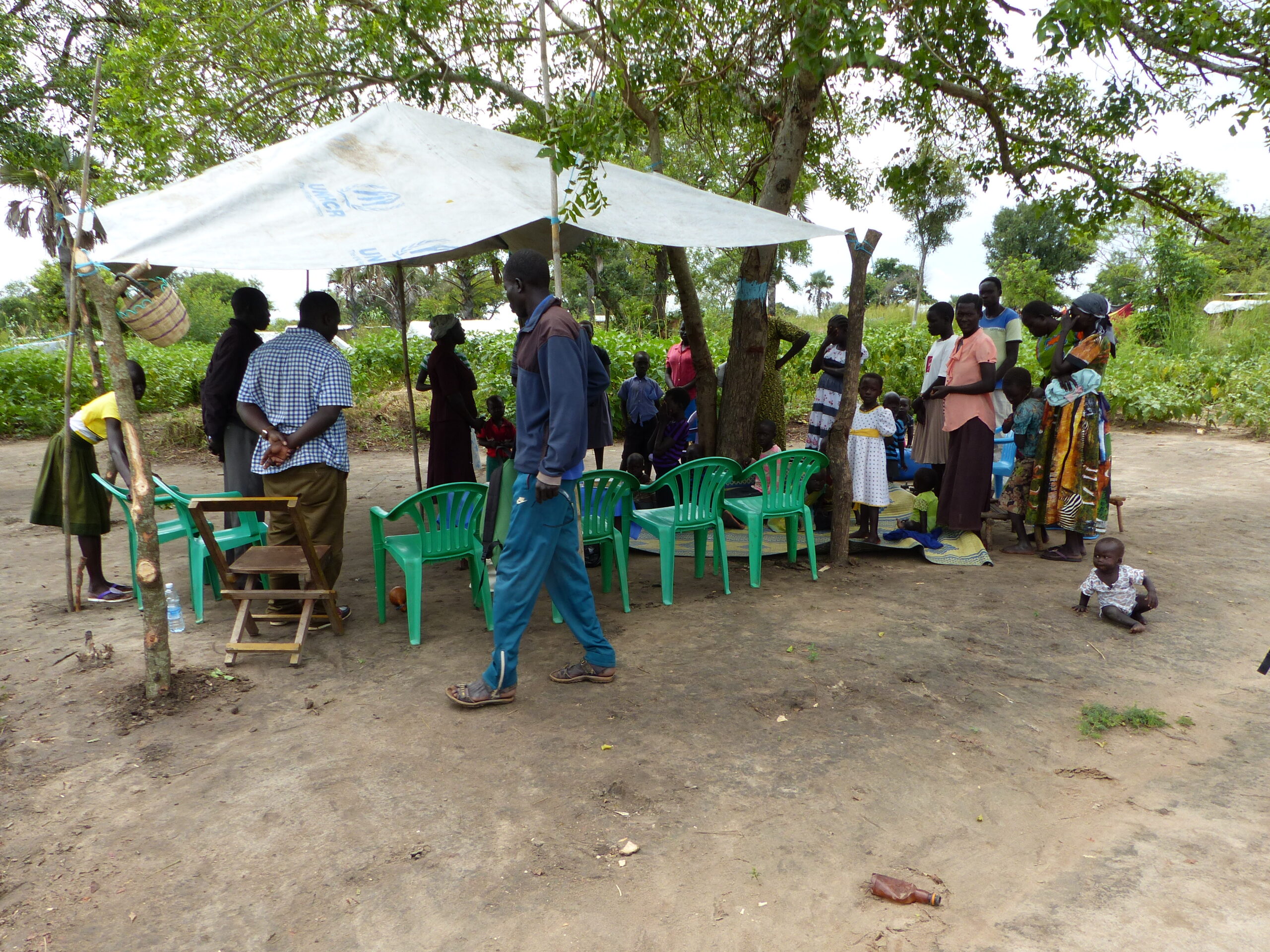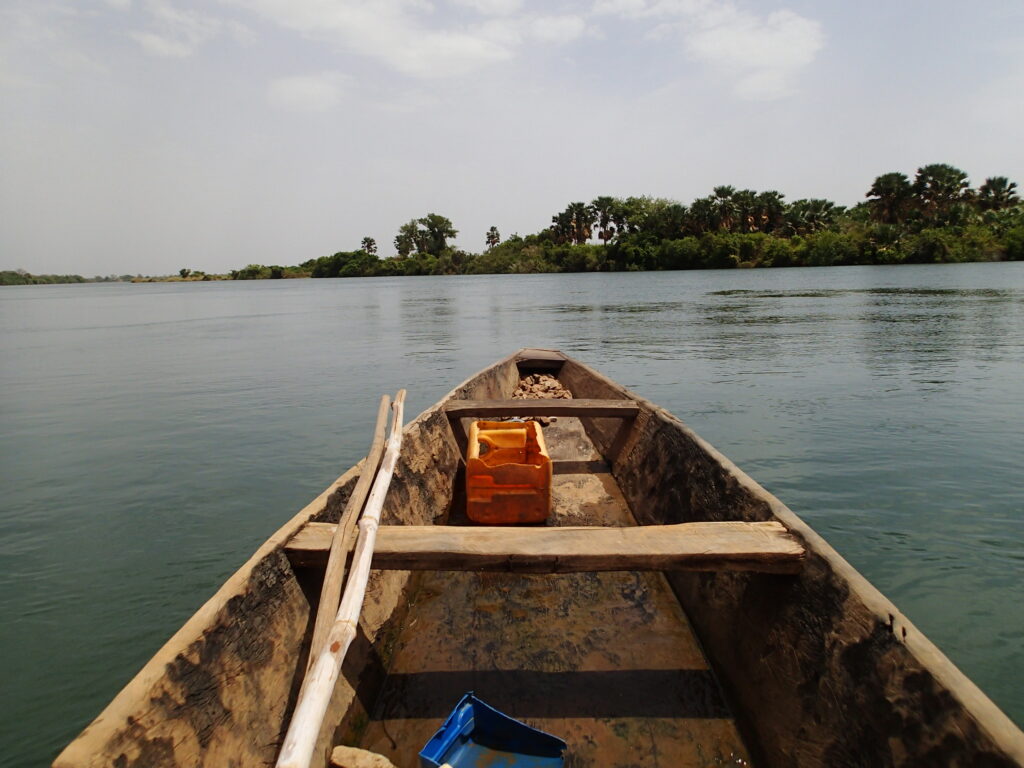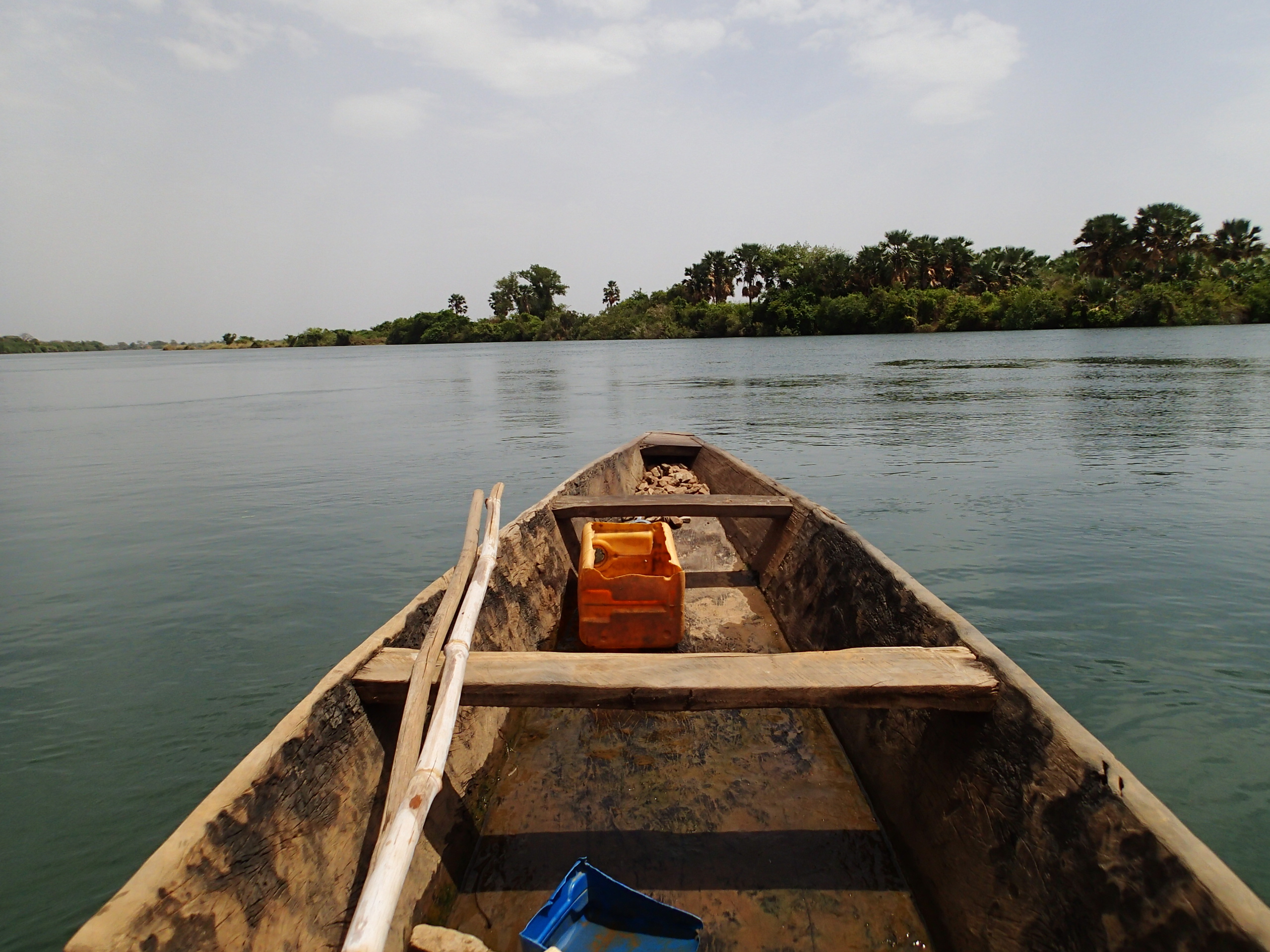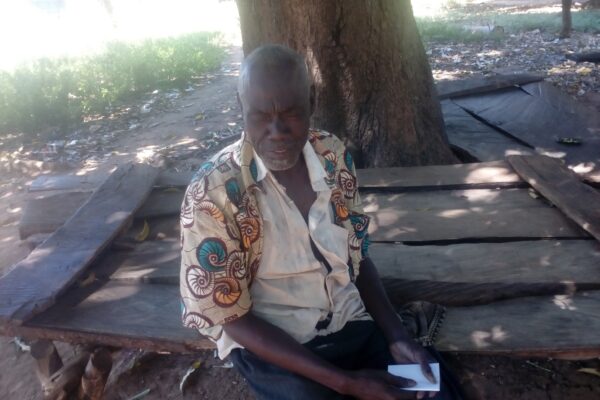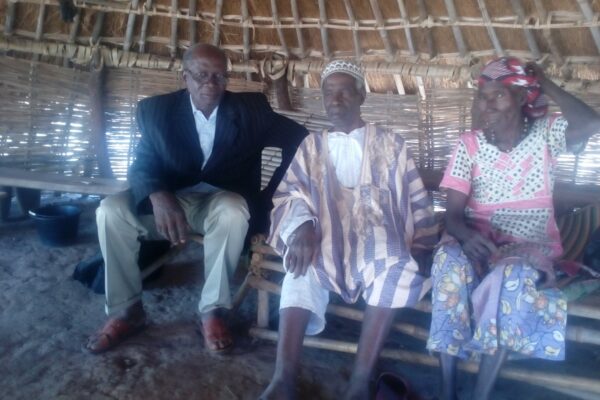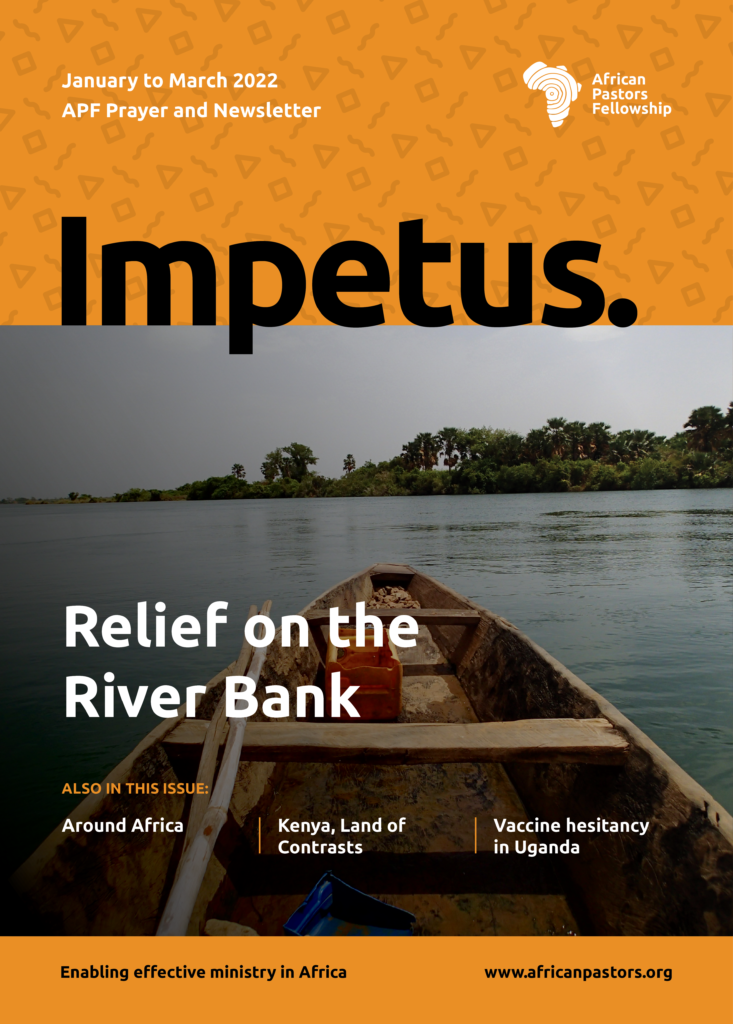
January 2022 Impetus.
Thank you so much for reading our January 2022 newsletter.
I attended a very long and hot graduation ceremony at Kapsabon Pastor Training College in Kenya in November. I was given a minute to introduce myself and APF which I think I stuck to (unlike everyone else!) My address to the gathering was undoubtedly the shortest, with “all protocols observed” to coin the phrase of the day. It was a privilege to see women and men receiving their awards and being sent out to serve but I was tired, dehydrated and more than ready to stretch my legs at the end of the five hour extravaganza.
My highlight of the occasion was a joke in the keynote address. It went something like this:
A man had a dog. He loved the dog very much. But sadly, the dog died. The man went to see the pastor and asked if he would provide a burial service for the dog. The pastor declined, explaining the church did not offer rites of passage for dogs. The man was disappointed but as he was leaving, turned to the pastor and said, “I can pay $5,000 for my dog to be buried.” To which the pastor replied, “My friend! My brother! Why did you not tell me at the start the dog was born-again?!”
Many become cynical about African friends and money matters. There’s a seemingly bottomless pit of need, different understandings about budgeting and ownership, a lack of financial transparency to name but some of the cross-cultural challenges.
But I also hear myself in their appeals. For APF, there remains the constant need to chase down every donation, the pressure to maintain enough regular income to pay our staff and keep up with demands, not to mention the preparation of dozens of funding proposals to ensure we have growing funds to support our partners in Africa.
As we begin 2022, APF is looking to diversify and strengthen our leadership team to take on some of these activities. This will release my time so I can give more energy to implementing strategy, reflect more deeply on digital theology and foster key relationships both in the UK and Africa.
I’m not yet taking payment for canine cremations or barking burials, but I do want to see APF able to support more graduations (although I will happily sit them out!) and be better placed to help equip dedicated but under-resourced leaders with training, eVitabu and many other life-changing projects and initiatives.
Thank you for your generosity and trust. Please pray with me to stay focussed and trust the Lord for his provision in this new year.
Thank you for your continued support

Revd Dave Stedman
CEO

